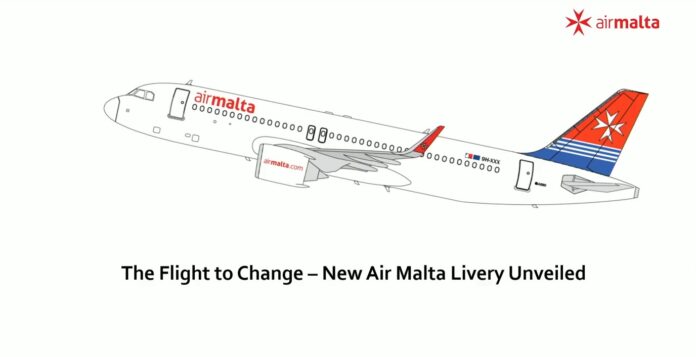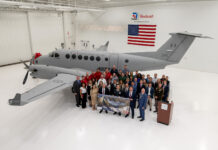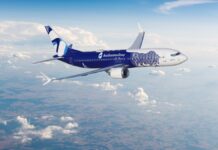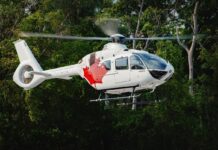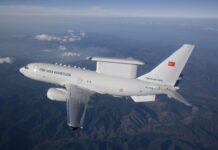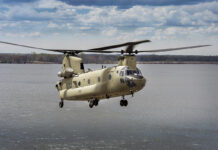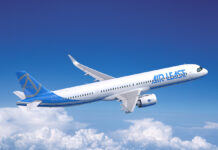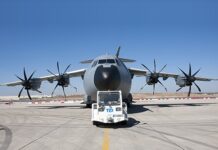In a press conference held earlier with regards to a new restructuring plan for Air Malta a by the Finance Minsiter Clyde Caruana and Airmalta Chairman David G. Curmi.
According to the finance minister, the government wants to cut @Air Malta’s personnel in half by summer as part of a significant cost-cutting plan to resuscitate the troubled airline.
Its 890-strong workforce will be reduced to 420, with employees being handed government jobs. The employment cuts are expected to save €15 million each year.
Baggage and ground handling services will be hived off as part of a larger plan, unproductive routes will be canceled, and the airline will try to become a European carrier that can fly across countries.
Caruana stated that the four-year cost-cutting plan would proceed regardless of any state help approved by the European Commission.
“We have made strong arguments with the European Commission that Air Malta has a fighting chance and we believe that our plan will save the company from bankruptcy,”
Clyde Caruana, finance minister
He acknowledged that the government was “not anticipating ground-breaking funding” from the European Commission, which prefers that the troubled airline collapse and a new firm be established. Last year, the government requested approval from Brussels to inject €290 million into the beleaguered airline as a last-ditch effort to salvage it, but was told to come up with a smaller “more realistic sum.”
Air Malta is losing €170,000 per day, and while other countries have been approved for state help as a result of COVID-19, this did not apply to Air Malta, which was already in trouble.
The majority of the job cuts, approximately 300, will come from ground handling activities, which will be phased out entirely, with the remaining 110 being administrative personnel.
On Monday, the Voluntary Employee Transfer Scheme will begin, with the goal of relocating the personnel to other government agencies. By March, the first batch of 110 employees will have relocated to their new workplace.
The idea, according to David Curmi, executive chairman of Air Malta, will “require more flexibility from airline staff,” particularly pilots and cabin crew, as well as changes in work methods.
New collective bargaining agreements will be negotiated and signed in the second quarter of this year.
According to Curmi, the airline compared its prices to Ryan Air, Easyjet, and other airlines and discovered that its expenditures were up to 44 percent higher due to “overstaffing” and “far too high ground handling charges.”
Air Malta now has 62 pilots on staff, down from 131 previously.
In the press conference the new livery was also presented, which practically keeps some things from the present livery and gets onboard other designs from its preceding logo.


